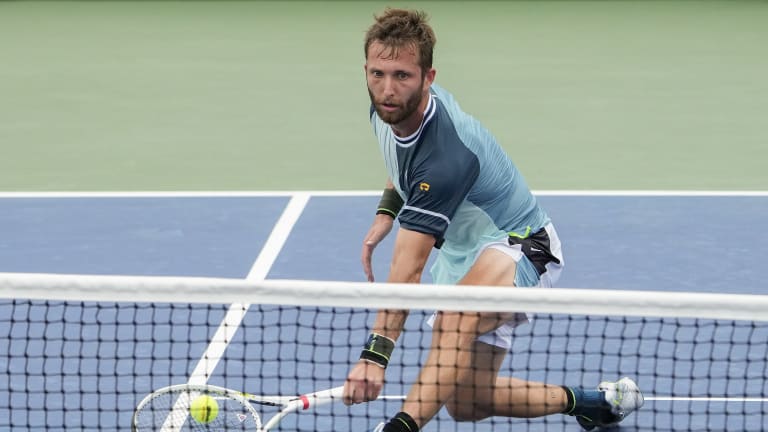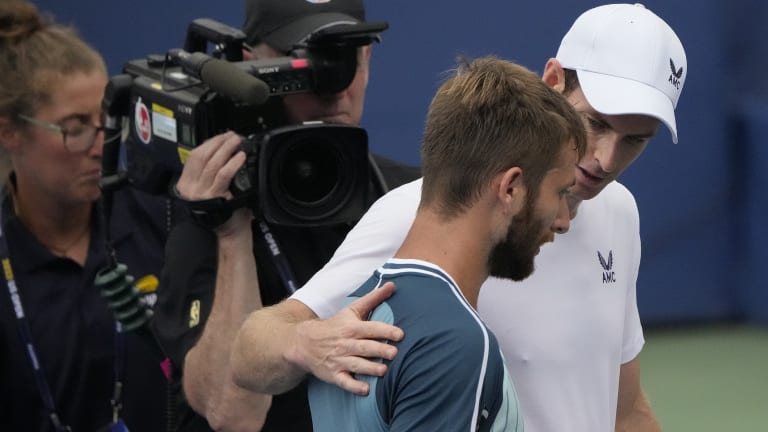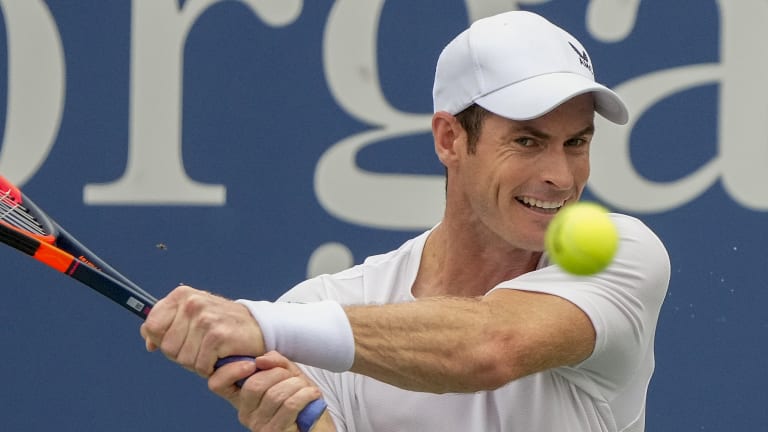US Open
In its initial use, new US Open video review system fails when chair umpire's tablet malfunctions
By Aug 29, 2023US Open
Eric Butorac will replace Stacey Allaster as US Open tournament director
By Nov 17, 2025US Open
Beyond The Champions: 2025 US Open Winners and Losers
By Sep 10, 2025US Open
In US Open defeat, Jannik Sinner faces his shortcomings
By Sep 09, 2025US Open
Amanda Anisimova's US Open fortnight wasn't just "incredible"—it was redemptive
By Sep 09, 2025US Open
Overcoming Doubt, Finding Deliverance: Six WTA takeaways from the 2025 US Open
By Sep 08, 2025US Open
Service and a smile: How Carlos Alcaraz conquered Jannik Sinner at the 2025 US Open
By Sep 08, 2025US Open
Carlos Alcaraz captures sixth Slam and second US Open title, dethrones No. 1 Jannik Sinner
By Sep 07, 2025US Open
Alcaraz vs. Sinner US Open final start delayed by 30 minutes
By Sep 07, 2025US Open
Blinding Lights: Amanda Anisimova rues missed opportunities, serve woes after US Open final
By Sep 07, 2025In its initial use, new US Open video review system fails when chair umpire's tablet malfunctions
The new system allowing players to challenge certain calls, such as double bounces, was used for the first time Tuesday.
Published Aug 29, 2023
Advertising
Advertising
In its initial use, new US Open video review system fails when chair umpire's tablet malfunctions
/


